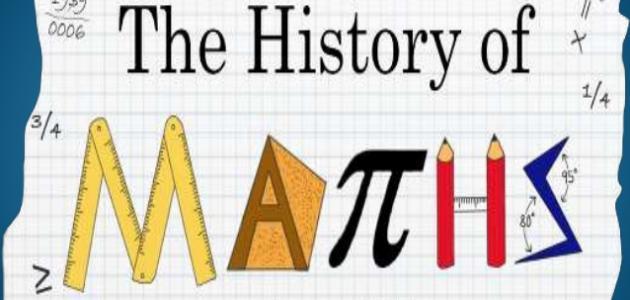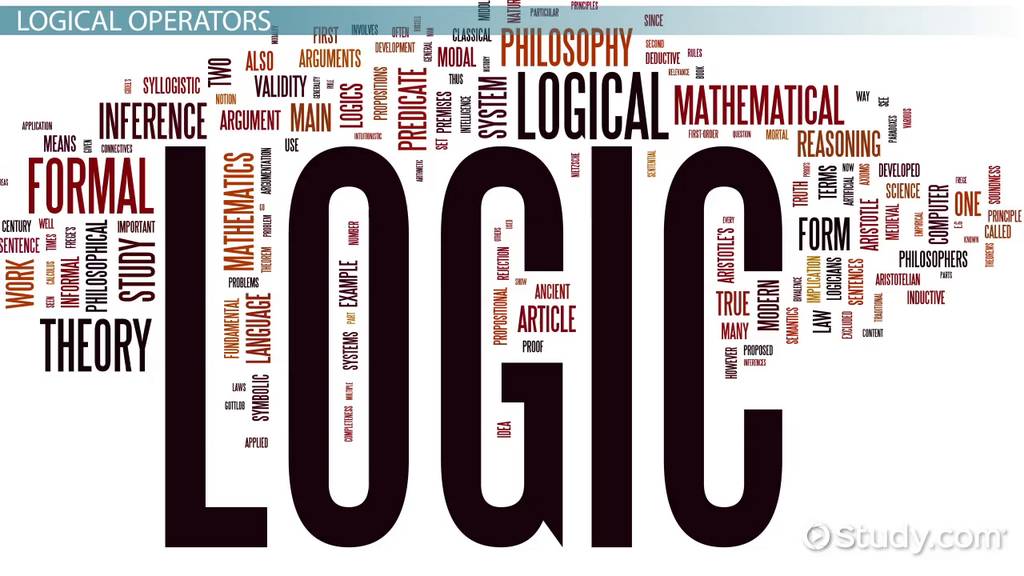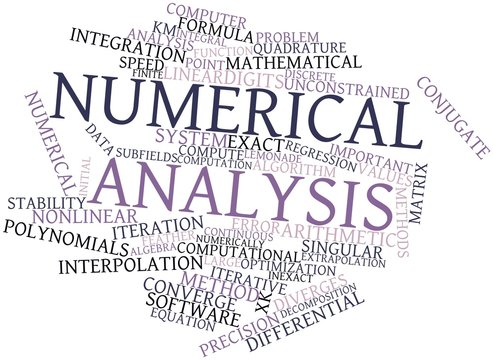- Enseignant: messaouda terchi

-
Numerical analysis is a branch of Mathematics that deals with devising efficient methods for obtaining numerical solutions to difficult Mathematical problems.
-
This course entitled: Numerical Analysis 1, is a course intended for students of second-year mathematics.
-
The principal aim of this course is to find approximate solutions to mathematical problems for which direct solutions are difficult to find, using different methods.

- Enseignant: Amira KAMECHE

The history of mathematics" is a field of study that examines the evolution of mathematical ideas and concepts throughout the ages. This field encompasses the study of the development of mathematical methods, theories, and their applications in various domains. The history of mathematics can be divided into different chronological periods, each marked by significant contributions from mathematicians.
Examples of important periods in the history of mathematics include:
Ancient Periods: Including Greek and Arabic eras, where numerous philosophers and mathematicians contributed to the development of fundamental concepts.
Medieval Periods: Marked by the translation of classical texts into Latin and continued advancements in mathematical sciences.
Modern Periods: Characterized by the emergence of algebra, calculus, and their profound impact on scientific and technological applications.
The history of mathematics is an exciting journey to explore how mathematical ideas originated, evolved, and influenced various human fields.
- Enseignant: Sohir Zid

Depuis son apparition en 1970 MATLAB a été l’outil le plus recommandé pour répondre aux préoccupations des débutants et supporter les calculs réclamés par leurs approches. MATLAB est un acronyme de ‘MATrix LABoratory’ conçu par la société MathWorks. Il a été conçu initialement pour être un environnement de calcul scientifique et de visualisation de données, c’est aujourd’hui un langage de programmation complet qui inclut un environnement graphique simple et pratique.
- Enseignant: safia benaziez

La logique mathématique est une branche des mathématiques qui étudie les fondements formels du raisonnement mathématique. Elle se concentre sur l'analyse des propositions, des connecteurs logiques et des systèmes formels pour démontrer la validité des arguments. Les principaux concepts incluent le calcul propositionnel, qui explore les combinaisons de propositions à l'aide de connecteurs comme "et", "ou", et "non", ainsi que la logique du premier ordre, qui permet de quantifier sur les variables et de définir des prédicats. La logique mathématique fournit des outils essentiels pour la modélisation formelle des mathématiques et des disciplines connexes, ainsi que pour la résolution de problèmes complexes en utilisant des méthodes rigoureuses de raisonnement et de déduction.
- Enseignant: messaouda terchi

Numerical analysis is a branch of Mathematics that deals with devising efficient methods for obtaining numerical solutions to difficult Mathematical problems. Most of the
Mathematical problems that arise in science and engineering are very hard and sometimes impossible to solve exactly. Thus, an approximation to a difficult Mathematical
problem is very important to make it more easy to solve.
A truly effective use of the numerical analysis in applications requires both a theoretical knowledge of the subject and computational experience with it. The theoretical
knowledge should include an understanding of both the original problem being solved
and of the numerical methods for its solution, including their derivation, error analysis,
and an idea of when they will perform well or poorly
- Enseignant: Amira KAMECHE
- Enseignant: MERAHI Warda
Cours d’algèbre 3
Centre universitaire de Barika
Deuxième année licence mathématiques
Prof. Bennoui Abdelhamid
2023/2024
- Enseignant: abdelhamid bennoui

- Enseignant: Chenna nacereddine

